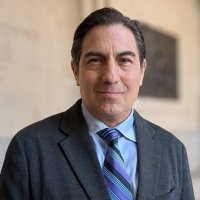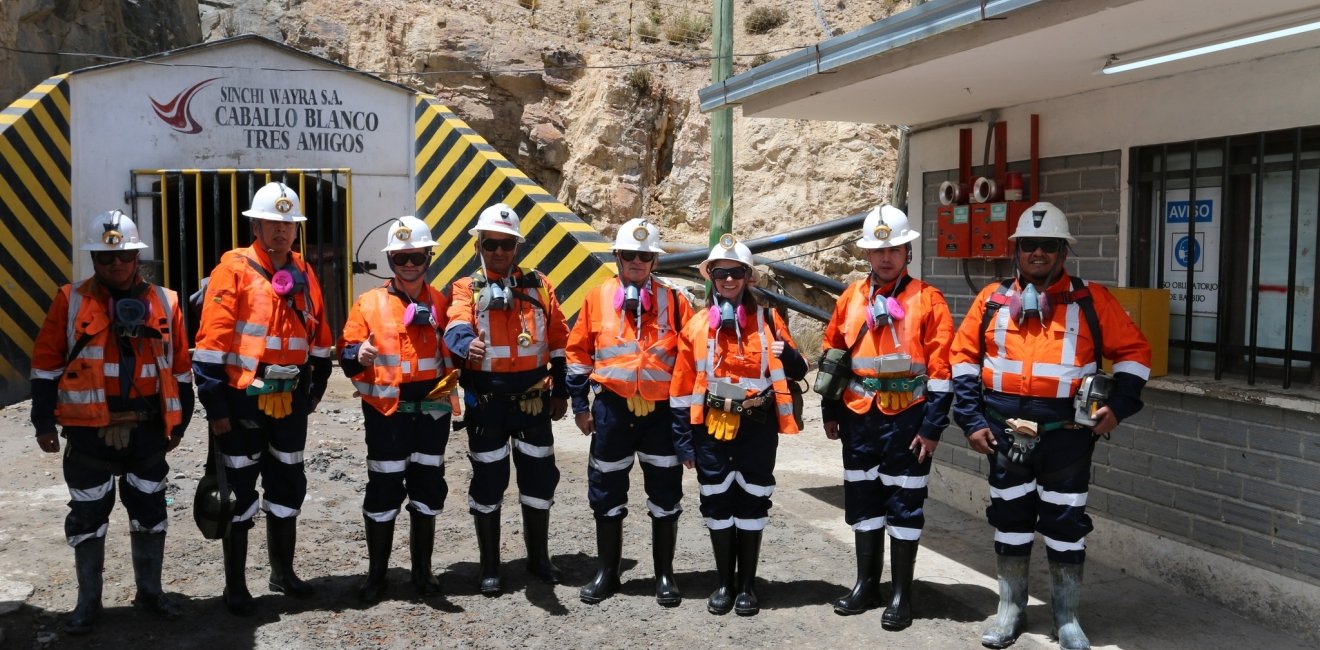
A blog of the Latin America Program
This year offers an unprecedented opportunity to reshape the troubled US relationship with Bolivia. The new US administration has promised to shake things up in domestic and foreign policy. In Bolivia, meanwhile, a deep economic crisis under President Luis Arce will likely lead to political change following the August elections.
Better ties would bring rewards to both countries. Bolivia is rich in natural resources, but poor and politically unstable. Its vast lithium resources–the largest in the world, at 23 million metric tons–are in high global demand for batteries for renewable energy storage and electric vehicles. It also holds significant amounts of tin, aluminum, antimony, silver, zinc, and lead. But it has struggled to attract significant foreign investment, even as its natural gas industry, an economic lifeline, sputters.
For the United States, Bolivia is important not only as a potential source of minerals, but as a battleground in US competition with China and Russia. There are already signals that the new administration will prioritize Latin America in efforts to recover lost ground. The president-elect’s choice of secretary of state, Senator Marco Rubio, is a prominent expert on Latin America, and his choice for deputy secretary of state, Christopher Landau, is a former ambassador to Mexico.
For the United States, Bolivia is important not only as a potential source of minerals, but as a battleground in US competition with China and Russia.”
Those personnel choices, however, do not guarantee closer ties between the United States and Bolivia. After all, there are indications that the new administration might adopt hawkish policies toward leftist governments in the region.
That might be a stumbling block for at least the first six months of the year. Arce’s Movimiento al Socialismo (MAS) party, as the name suggests, is socialist, inspired by Che Guevara, and has roots in indigenous left-wing ideologies. It was led from 2006 to 2019 by Evo Morales, a critic of the United States and admirer of China and Russia. In 2008, Morales expelled the US ambassador, and the two countries have repeatedly clashed over Bolivia’s role in the global cocaine trade.
That said, Morales and Arce are political rivals. Arce’s wing of the MAS is mostly interested in maintaining power and managing a range of crises, including the rapid decline of natural gas production that had paid for generous subsidies and social-welfare programs. Today, Bolivia is dangerously low on dollars, leading to fuel shortages and higher consumer prices that are worsening poverty in cities like La Paz and rural areas such as Potosí and Uyuni.
Bolivia’s deep economic troubles could provide a window for better relations with the United States, even before Bolivia’s election. Even under Morales, Bolivia welcomed significant Spanish and French investment, especially in natural gas. Earlier in his term, Arce promised to open the lithium sector to Western companies, though he later showed a preference for Russian and Chinese firms, including the Chinese battery manufacturer CATL, the Chinese conglomerate CITIC, and Russia’s Uranium One.
Following Bolivia’s election, a significant foreign policy realignment is possible. Bolivia’s economic problems, and the fracturing of the indigenous movement, have increased the possibility of an opposition victory. Manfred Reyes, the mayor of Cochabamba, stands to benefit the most from the MAS implosion. Like other opposition candidates, including several entrepreneurs, he would likely adopt pro-market reforms and take steps to welcome Western investment, including in lithium.
Following Bolivia’s election, a significant foreign policy realignment is possible. Bolivia’s economic problems, and the fracturing of the indigenous movement, have increased the possibility of an opposition victory.”
An opposition victory is not guaranteed, of course. More than half of Bolivians are indigenous and generally critical of free-market principles. These are the inhabitants of the highlands, the valleys, and even parts of conservative Santa Cruz, due to high migration levels from the Altiplano. Win or lose in August, indigenous Bolivians, largely ignored for 150 years until Morales’s rise to power, will remain politically active.
For that reason, the new US authorities might need to coexist with yet another MAS government. Admittedly, they would be odd bedfellows. Tesla CEO Elon Musk, for example, is a key supporter of the US president-elect and has an especially complicated relationship with the MAS, after a controversial Twitter post in 2020 that celebrated Morales’s ouster following a disputed election and public uprising. But Musk also represents the promise of closer US-Bolivia ties. Tesla, after all, is emblematic of the global scramble for lithium and other critical minerals that are abundant in Latin America.
For his part, President-elect Trump is famously pragmatic in his foreign policy and could be eager to start a new chapter in US-Bolivia relations, should it offer benefits to US businesses and help elbow China out of the Andes.
More realistically, the new US president would have to coexist with Russian and Chinese interests in Bolivia. If he were willing to do so, even left-leaning Bolivians would likely favor a more normal relationship with the United States, with both sides downplaying ideology in favor of economic cooperation. That formula could lead Bolivia, regardless of who wins its August elections, to move past its decades-long wariness towards Washington.
Author

Professor, Bush School of Government and Public Service, Department of Political Science, Texas A&M University

Latin America Program
The Wilson Center’s prestigious Latin America Program provides non-partisan expertise to a broad community of decision makers in the United States and Latin America on critical policy issues facing the Hemisphere. The Program provides insightful and actionable research for policymakers, private sector leaders, journalists, and public intellectuals in the United States and Latin America. To bridge the gap between scholarship and policy action, it fosters new inquiry, sponsors high-level public and private meetings among multiple stakeholders, and explores policy options to improve outcomes for citizens throughout the Americas. Drawing on the Wilson Center’s strength as the nation’s key non-partisan policy forum, the Program serves as a trusted source of analysis and a vital point of contact between the worlds of scholarship and action. Read more

Explore More in Weekly Asado
Browse Weekly Asado
Dengue Haunts South America’s Summers

Lessons from Costa Rica’s Economic Transformation

Women and Latin America’s Digital Revolution

